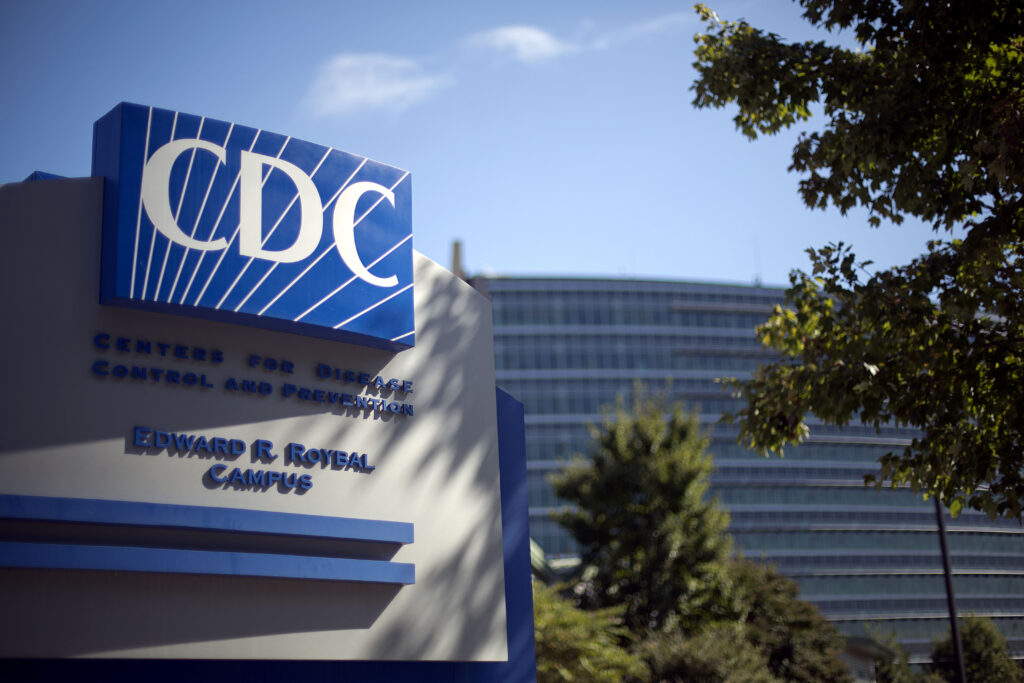
Tennessee’s suicide rate is on the rise, and federal public health officials say prevention needs to start locally.
In the past year, more than 1,000 Tennesseans have died of suicide. The suicide rate increased by more than 10% from 2015 to 2019.
The country as a whole has experienced a similar rise. That’s one of the reasons the Centers for Disease Control and Prevention compiled a national strategy on suicide prevention, according to Director Mandy Cohen.
She talked this week with providers at a local clinic, Centerstone, about local efforts to reverse the trend.
“The foundational pillar of that is community prevention, which is why I’m here in Nashville — seeing the great work that’s happening on the ground,” she said.

Tennessee state officials compiled years of suicide data to build this map. It finds that Clay, Lewis and Henry counties had the highest suicide death rates in that period. https://www.tn.gov/content/dam/tn/health/program-areas/vipp/Tennessee-Suicide-Death-Maps.pdf
A group of government and nonprofit providers shared how they’re adjusting their approaches — like expanding telehealth and training therapists on recognizing warning signs.
One of the organizations offering trainings is the Tennessee Suicide Prevention Network, a statewide public-private organization. It’s a coalition that includes mental health providers, doctors, advocates, clergy and social workers.
One program — the Zero Suicide Initiative — trains medical workers, including physicians and support staff. The idea there: federal research indicates three of every four people who die of suicide have seen a medical provider in the past year, but most medical education programs have minimal or no suicide training built in. This initiative is designed to help people “intervene when and where people at risk need it most — the hospital, the therapist’s office, the community clinic, or the emergency room,” according to the website.
Other programs are meant to equip community members outside the medical profession to identify warning signs and connect people with services and supports.
The network lists these as some of the warning signs:
- talk of suicide
- changes in sleep and/or eating patterns
- stopped taking medication as prescribed or hoarding medication
- increased use of drugs or alcohol
- preoccupation with death
- making last arrangements, giving away possessions
- obtaining firearms
- withdrawal from family, friends and routines that were pleasurable
- aggressive and disruptive behavior
- increased irritability and criticism
- history of suicide of family member or friend
The national suicide and crisis lifeline is available 24 hours per day by calling 988.

